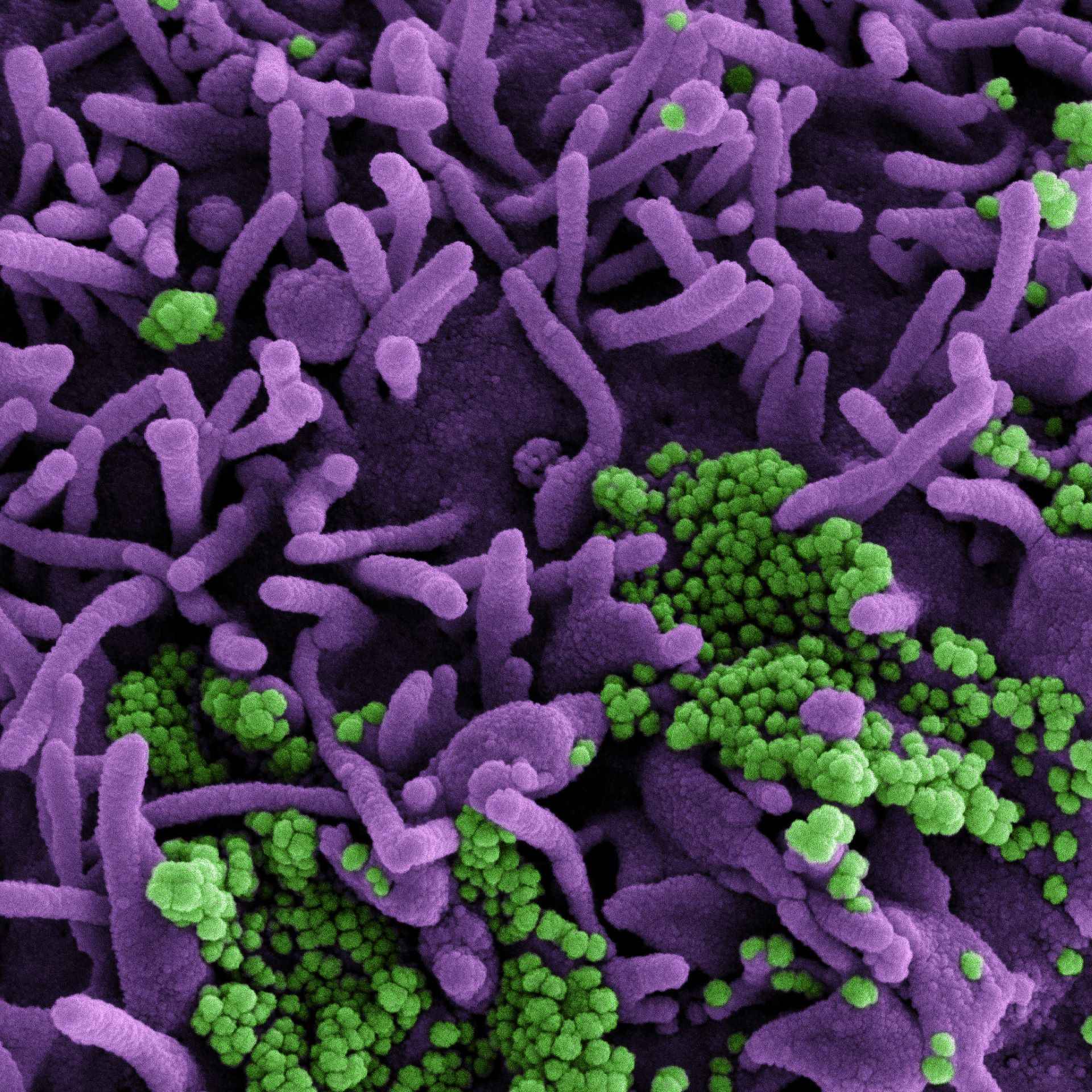
Inhalon Biopharma has initiated the Phase I clinical trial of its inhaled drug, IN-006, in healthy individuals, with the dosing of the first subject.
IN-006 is a muco-trapping form of a human monoclonal antibody, regdanvimab (CT-P59).

Discover B2B Marketing That Performs
Combine business intelligence and editorial excellence to reach engaged professionals across 36 leading media platforms.
Being carried in partnership with Celltrion, the placebo-controlled, dose-escalation Phase I trial will analyse the safety and tolerability of inhaled IN-006.
In May this year, Inhalon received $7m award from the US Army Medical Research & Development Command (USAMRDC) to assess inhaled IN-006 in the Phase I trial.
The muco-trapping antibody platform of Inhalon traps the virus in airway mucus, hindering the local spread of infection.
Furthermore, it can rapidly remove the virus from the lungs using the natural ability of the body to clear mucus.

US Tariffs are shifting - will you react or anticipate?
Don’t let policy changes catch you off guard. Stay proactive with real-time data and expert analysis.
By GlobalDataInhaled treatment can be administered by people at home and broaden vital treatment supplies to more patients by lowering the dosage required.
It also lowers the requirement on healthcare workers and infusion clinic space needed for intravenous (IV) therapies.
Inhalon Biopharma president and CEO John Whelan said: “Inhalon’s muco-trapping antibody technology is the only therapeutic modality that can actively clear infectious virus from the lungs via natural mucus clearance, thereby eliminating the source of inflammation and viral spread.
“Combining Inhalon’s inhaled, muco-trapping platform with Celltrion’s highly effective anti-SARS-CoV2 antibody will likely create a new treatment that patients can self-administer to free up valuable healthcare resources.”
Celltrion has already obtained emergency use authorization (EUA) for the IV formulation of regdanvimab to treat Covid-19 in various nations globally.
In a Phase III trial conducted by Celltrion, regdanvimab showed to substantially lower the risk of Covid-19-associated hospitalisation or mortality by 72% in people who are at increased risk of disease progression.
The drug offered a 70% reduced risk in the trial for all subjects.
In addition, regdanvimab was found to be efficacious against variants including the Alpha, Beta, Gamma and Delta variants of SARS-CoV-2 in in vitro or in vivo studies.





